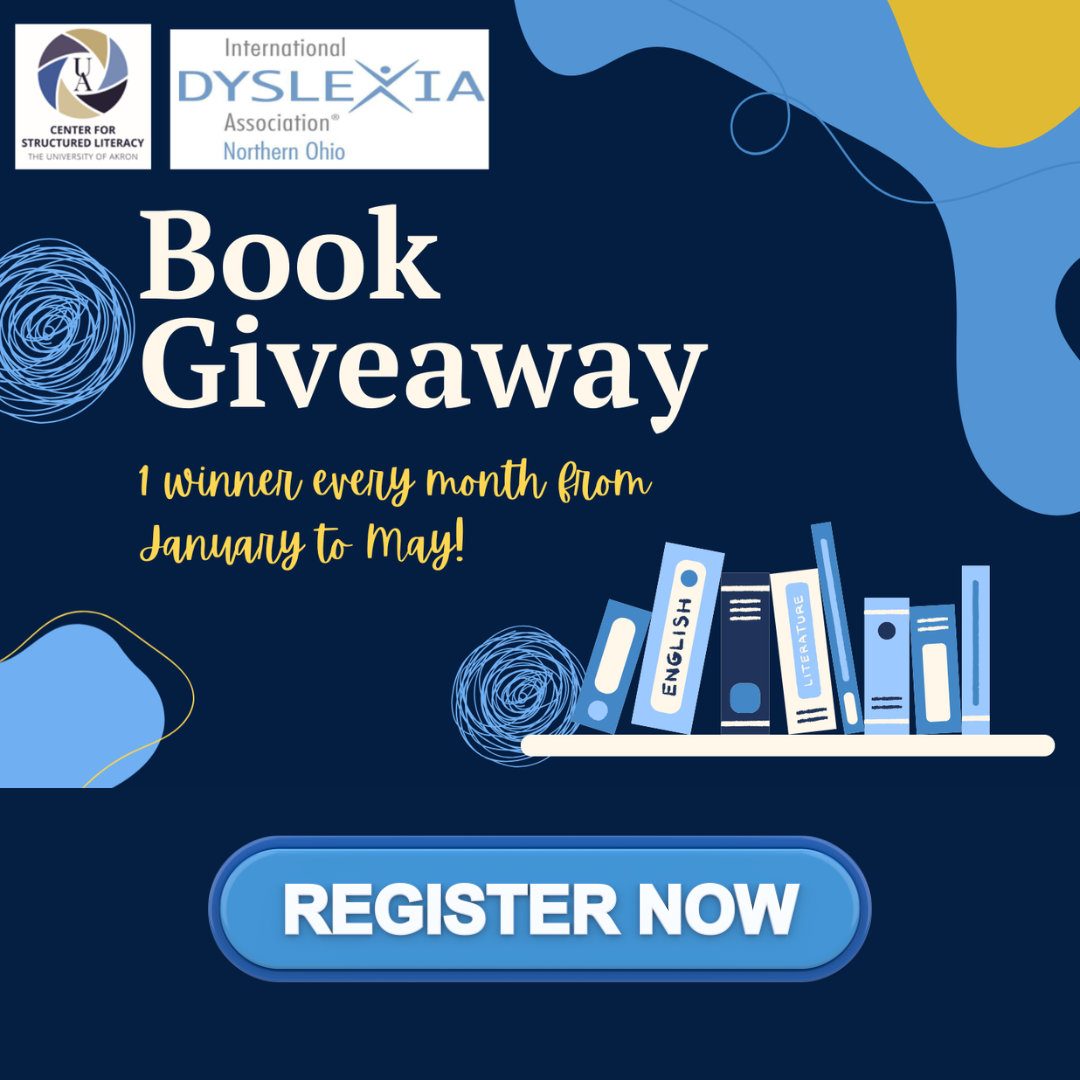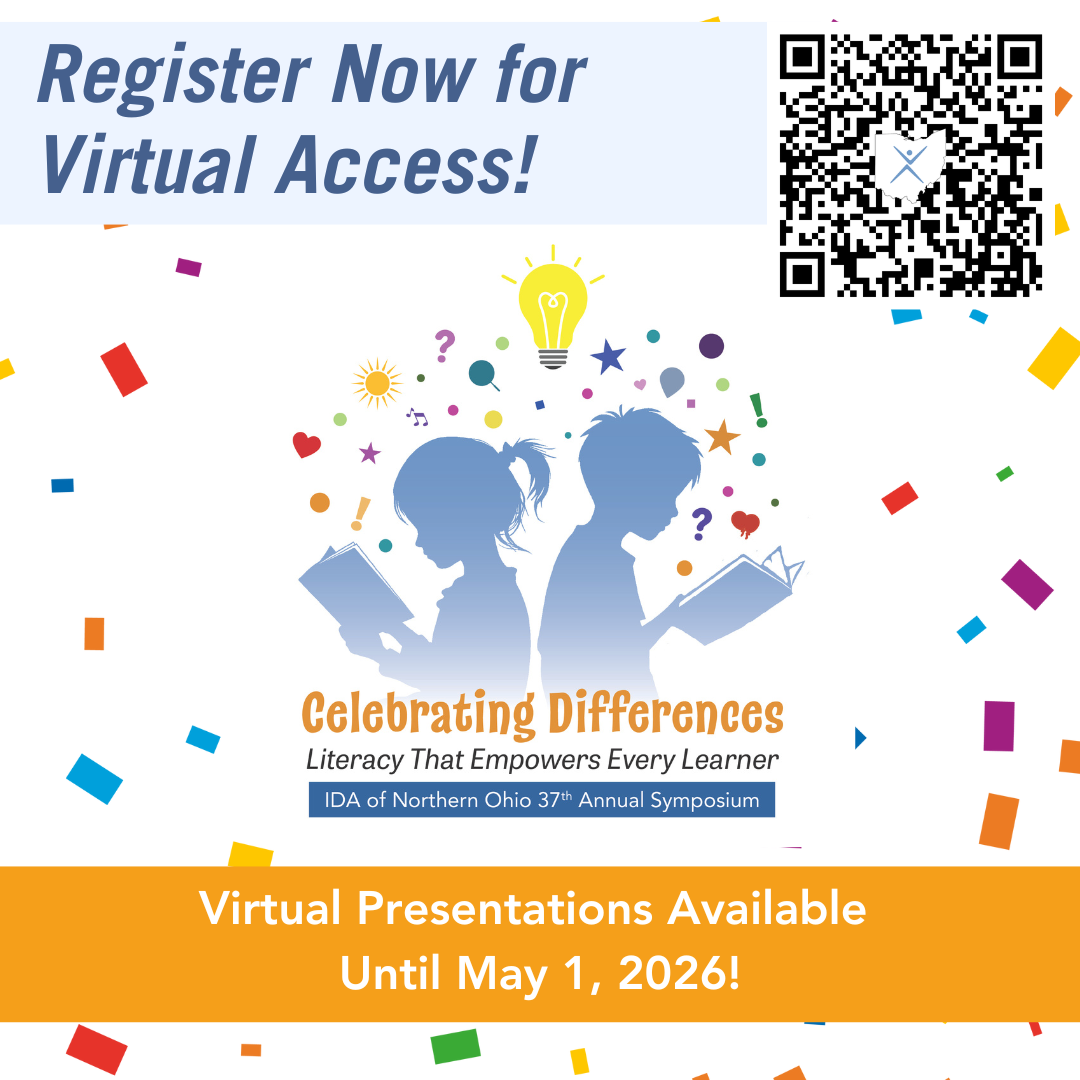We are delighted to announce another insightful pre-recorded, on-demand presentation as part of the extended access offerings for the Strands of Understanding: Weaving in Comprehension & Writing Symposium. Dr. Monica Gordon Pershey will share her insights into grammar and syntax as part of our extended access presentations.
Understanding the Presentation
In her presentation, Grammar and Syntax Instruction and Interventions: Spoken and Written Language in Grades K-4, Dr. Gordon Pershey will explore essential elements of language, including morphemes, sentence structure, grammar, and word study. She will offer practical suggestions for instruction and intervention, rooted in research and tailored for educators.


